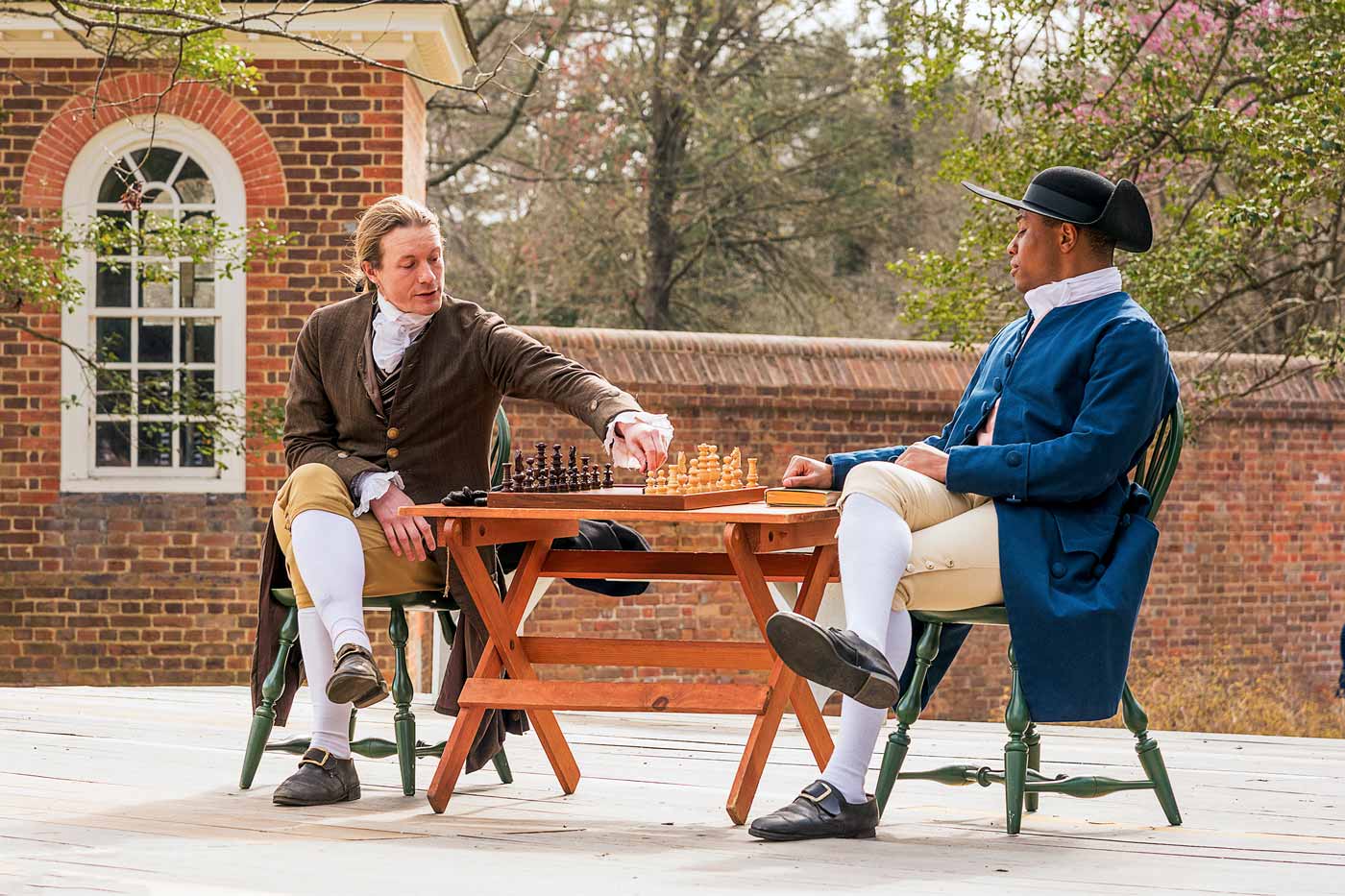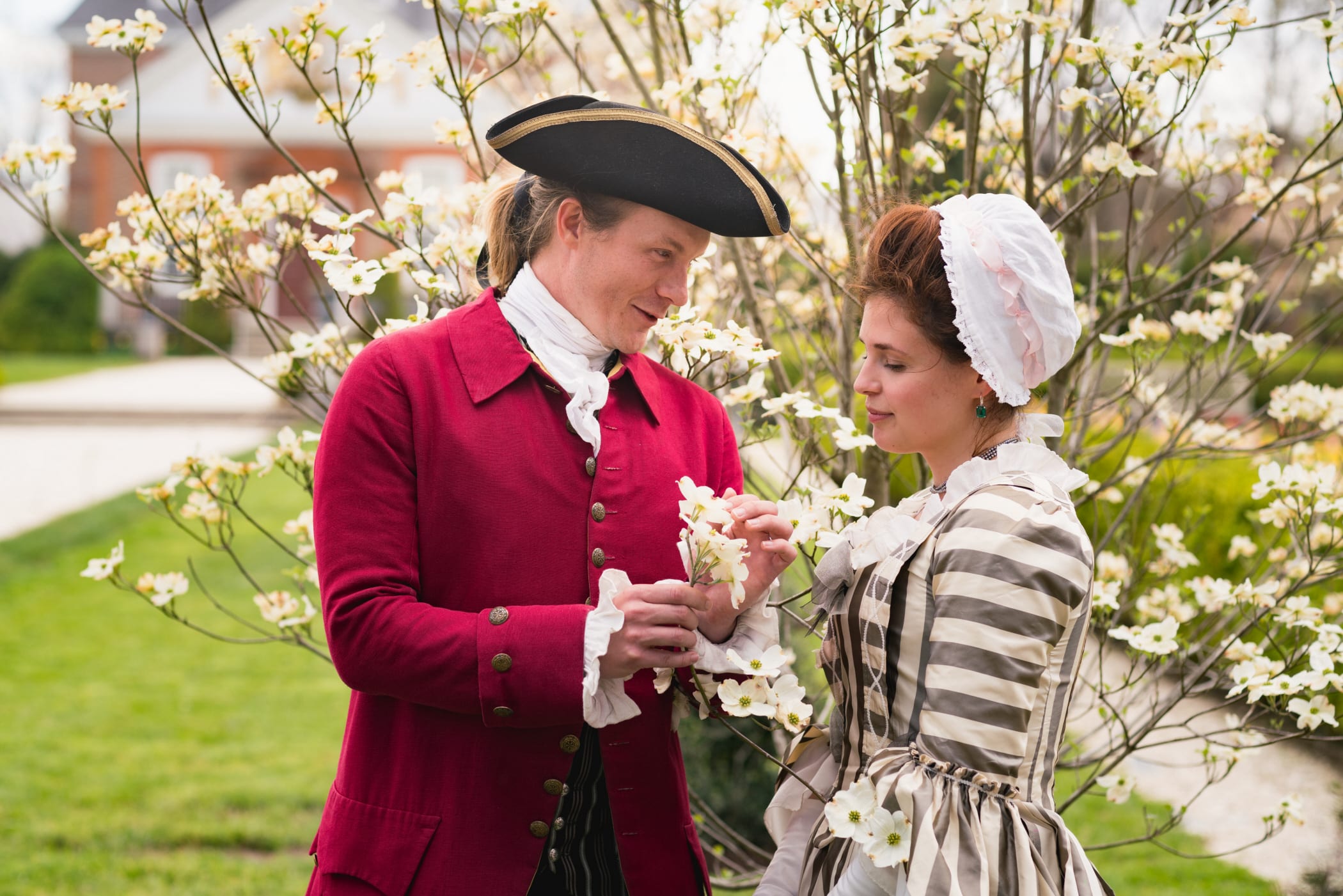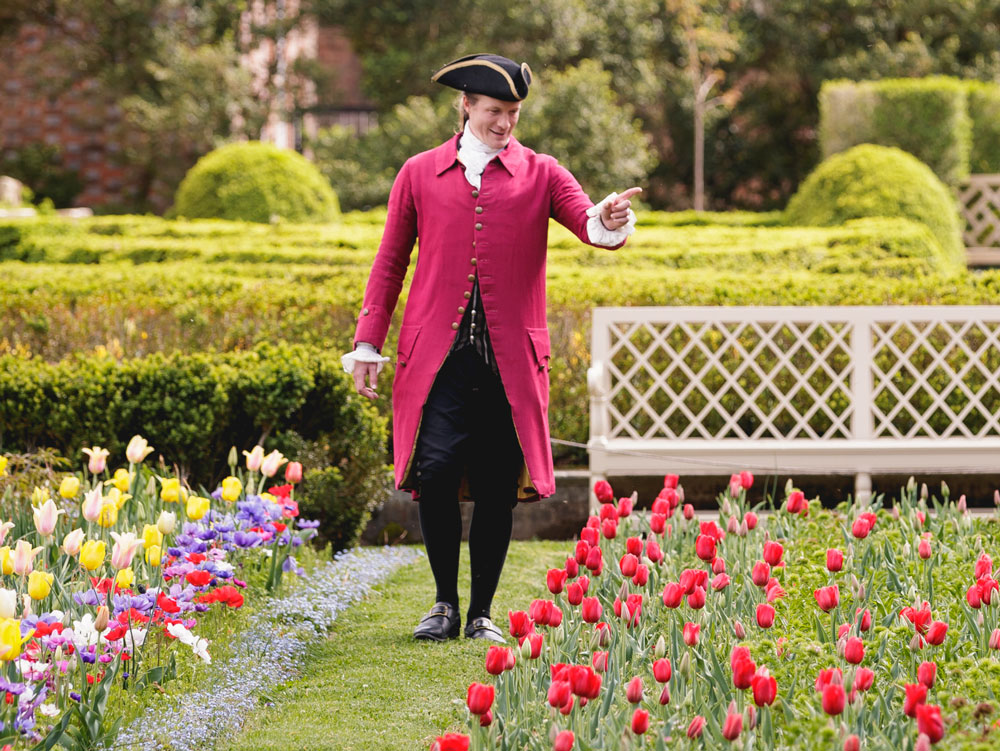Diving into new areas of the founding father’s life
With our nation experiencing a health crisis and a renewed understanding of the word “quarantine,” you might think that Thomas Jefferson would have nothing to say. Think again. Inoculation is just one of the five topics we’ll dive into in in this post.
He, too, experienced a pandemic.
Smallpox was rampant in his life and with a death rate of around 20 percent in large cities, was a very real danger. Thomas himself was inoculated against smallpox, but not everyone was on board with inoculations. In fact, smallpox inoculations were causing riots in his time. Even in Virginia. Jefferson not only inoculated his own person against smallpox, but his enslaved people and residents of Charlottesville. He was awarded a commendation from the Royal Jennarian Society (of Edward Jenner fame) for his creation of a smallpox vaccine in Virginia.
He tried to abolish slavery despite owning slaves.
Justly criticized about his ownership of slaves, Thomas Jefferson authored a bill that made the slave trade illegal in Virginia. He was a slave-owner his whole life, and yet wrote “that all men are created equal.” It becomes difficult for us to view him as a slave owner alongside his multitudinous efforts to mitigate slavery. Among some of his anti-slavery movements are: a clause in his draft of the Declaration of Independence, his Northwest Ordinances where he cuts off slavery in new portions of the United States, and his privately-written draft of the Virginia constitution. Jefferson wrote this constitution alone around the same time he was in Philadelphia writing the Declaration of Independence and submitted it to his home state of Virginia. One of his more interesting points he made in his Virginia Constitution is where he disallows generational slavery and slavery at large. His exact words are, “ nor to permit the introduction of any more slaves to reside in this state, or the continuance of slavery beyond the generation which shall be living on the 31st. day of December 1800; all persons born after that day being hereby declared free.” We often play the “what if” game with history, but there is a deep question surrounding the Civil War about “what if” Thomas Jefferson’s constitution had been adopted.

Spoiler alert: it was not adopted. Any effort to end or mitigate slavery in the 18th century had to be voted on by men, most of whom owned slaves. Suddenly, we are thrown into a deeper understanding of status quo, self-interest, and our own snap judgments. Thomas Jefferson may be commonly seen as the poster-child of hypocrisy in the 18th century, but his efforts to mitigate slavery were continually voted down by hypocrisy of status quo in his time. We may ask ourselves, “What are we doing now, that will be seen as hypocritical in 244 years? Are we allowing hypocrisy to live today?”
Thomas Jefferson was ambidextrous.
Sort of. Mr. Jefferson used his right hand to write, until one fateful day in France. One of his more famous letters is the tumultuous “head and heart” letter, which he wrote with his left hand. He broke his hand in a fall while he was serving as minister plenipotentiary in France and because of the break, he began using his left hand to write letters. How, exactly, he broke his hand is left to our imaginations, but he says that “it was from one of those follies by which good cannot come but ill may.” His ‘head and heart’ letter was to a woman named Maria Cosway, who clearly held Jefferson’s head and heart, both.
He experienced considerable romantic rejection.
Thomas Jefferson, while successful on many fronts in his life, did not always find success on the fields of Venus. As a young 18-year-old in Williamsburg Virginia, he fell hard for a young eligible woman named Rebekka Burwell. He proposed to her, apparently twice, (once at the Raleigh Tavern) and twice she turned him down. At this point, he began calling Williamsburg, “Devilsburg” and was sure that the Devil himself had a hand in his misfortunes. All was not lost to him, though, as he began courting a young widow named Martha Wayles Skelton. She said yes. They would have six children together. Two survived to adulthood. My favorite “Devilsburg” letter from this angsty period in Jefferson’s life is linked below.

Jefferson fought pirates.
Piracy has been around for as long as there have been ocean-going vessels. Thomas Jefferson dealt with his own version of pirates when he was president. This was a long conflict of the new United States, and Jefferson, after careful consideration, decided to battle them at sea and on land. This epic undertaking was witness to backroom deals in Turkish smoking dens with John Adams smoking out of a 6-foot pipe, a 500-mile trek across the Egyptian desert searching for a long-lost heir to a throne, and epic sea battles with the new American navy. The United States won in the end through both military might and negotiation, thus ensuring the security of trade with foreign nations around the world.
Looking for some entertainment during your time at social quarantining? My favorite read about these epic adventures is Thomas Jefferson and the Tripoli Pirates by Brian Kilmeade and Don Yaeger.
Resources
Learn More
Related Events
-
Omohundro Institute Vast Early America Lecture
The Scientist Turned Spy: André Michaux, Thomas Jefferson, and the Conspiracy of 1793.
CW Admission
-
For Donors: Visit a Nation Builder
Donors who have access to the donor reception center in the St. George Tucker House as part of their giving advantages are invited to meet with a Nation Builder.
Donor Exclusive
Free Event Ticket
-
Performance: Teach them Diligently
Journey with Ann Wager, a lifelong teacher in Colonial Virginia, as she experiences what it takes to run the Williamsburg Bray School.
CW Admission
